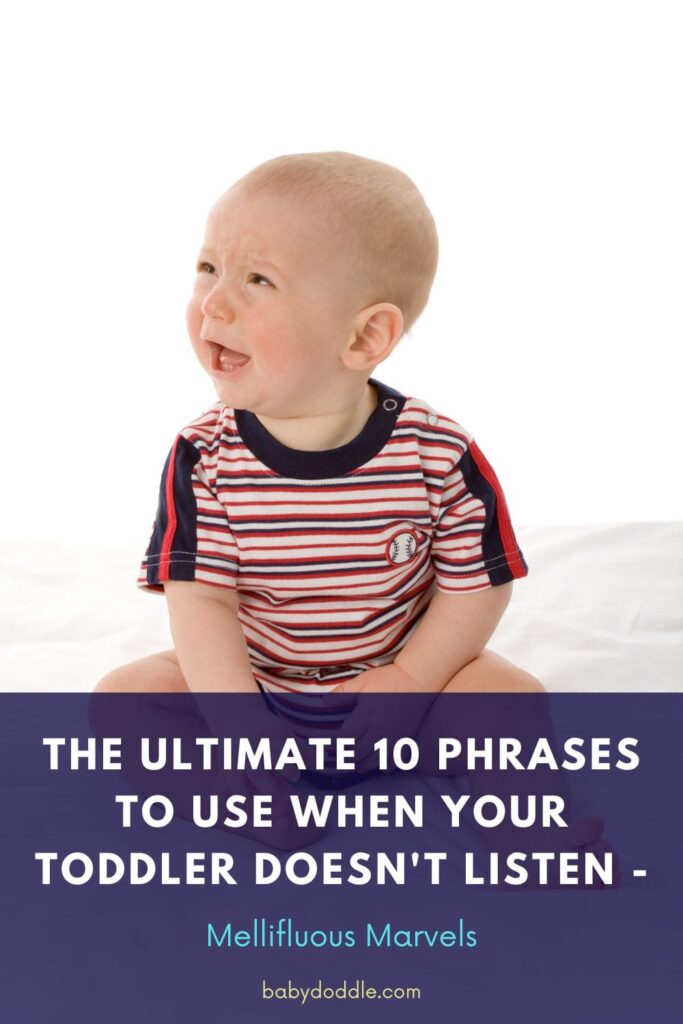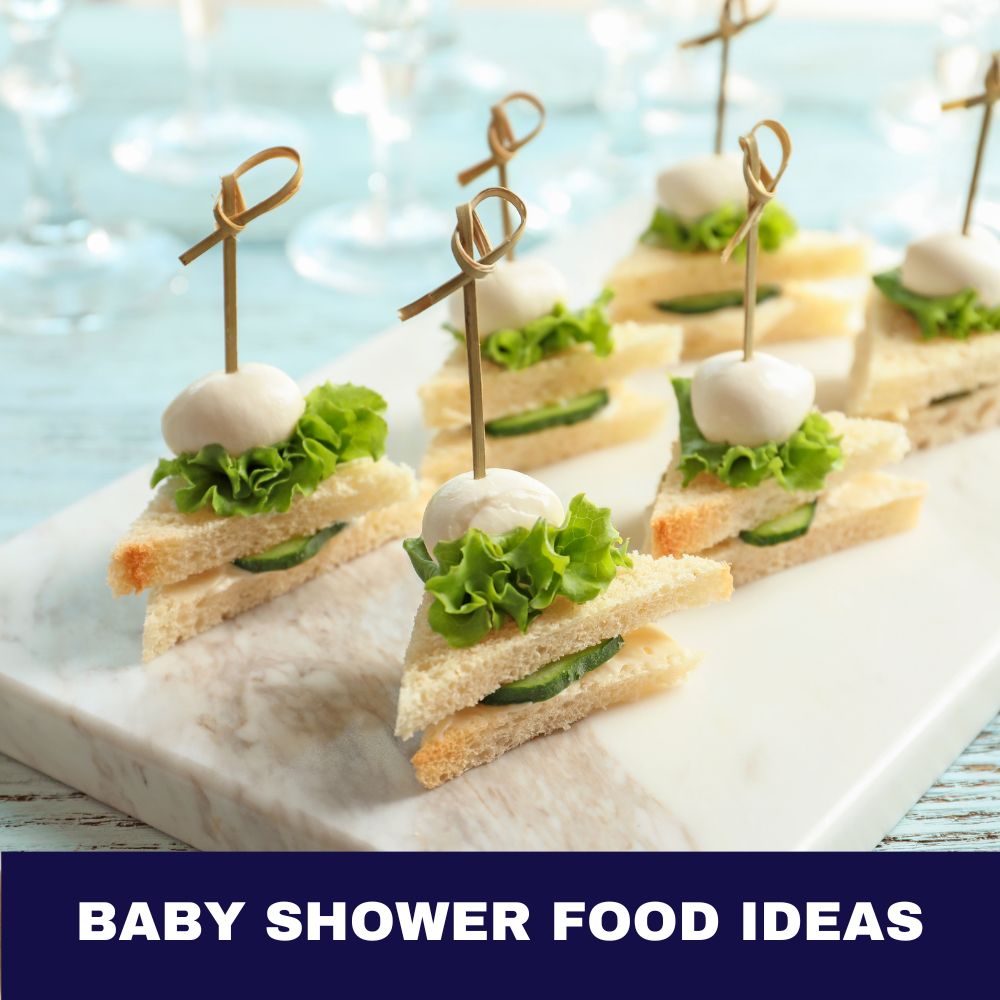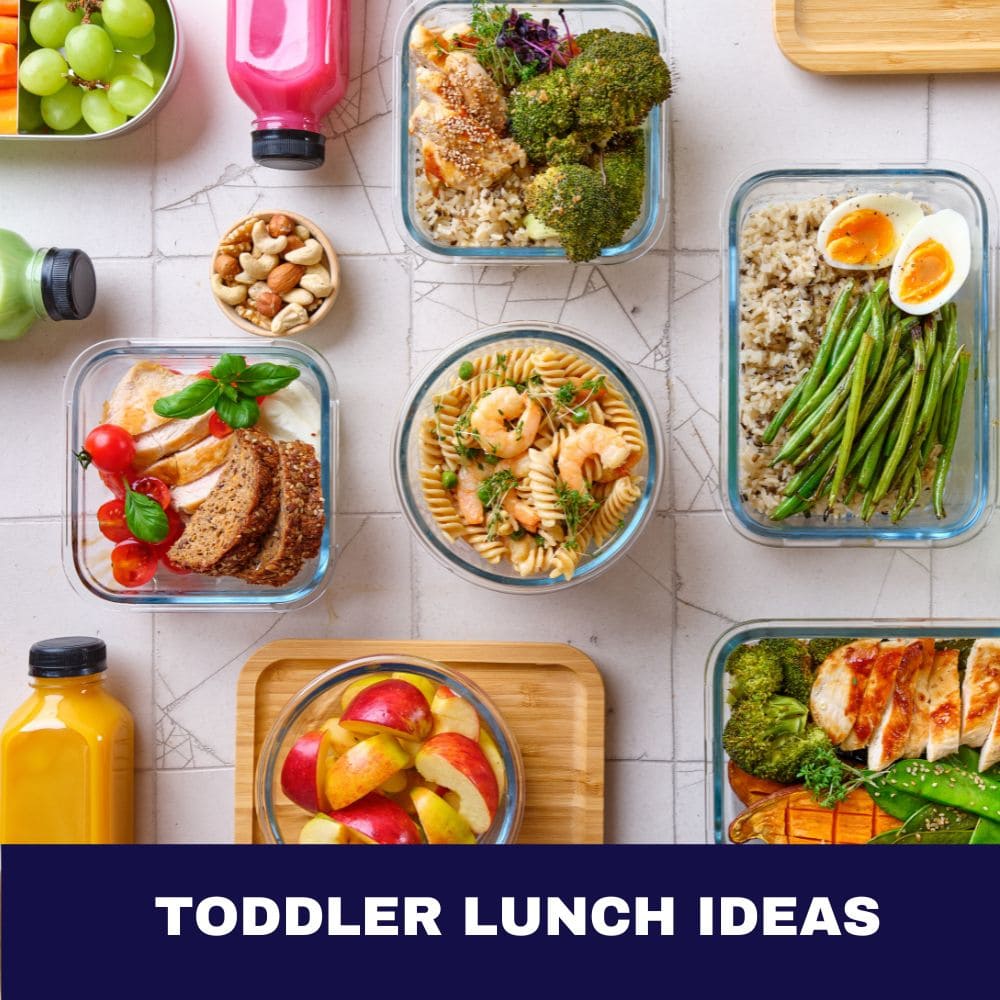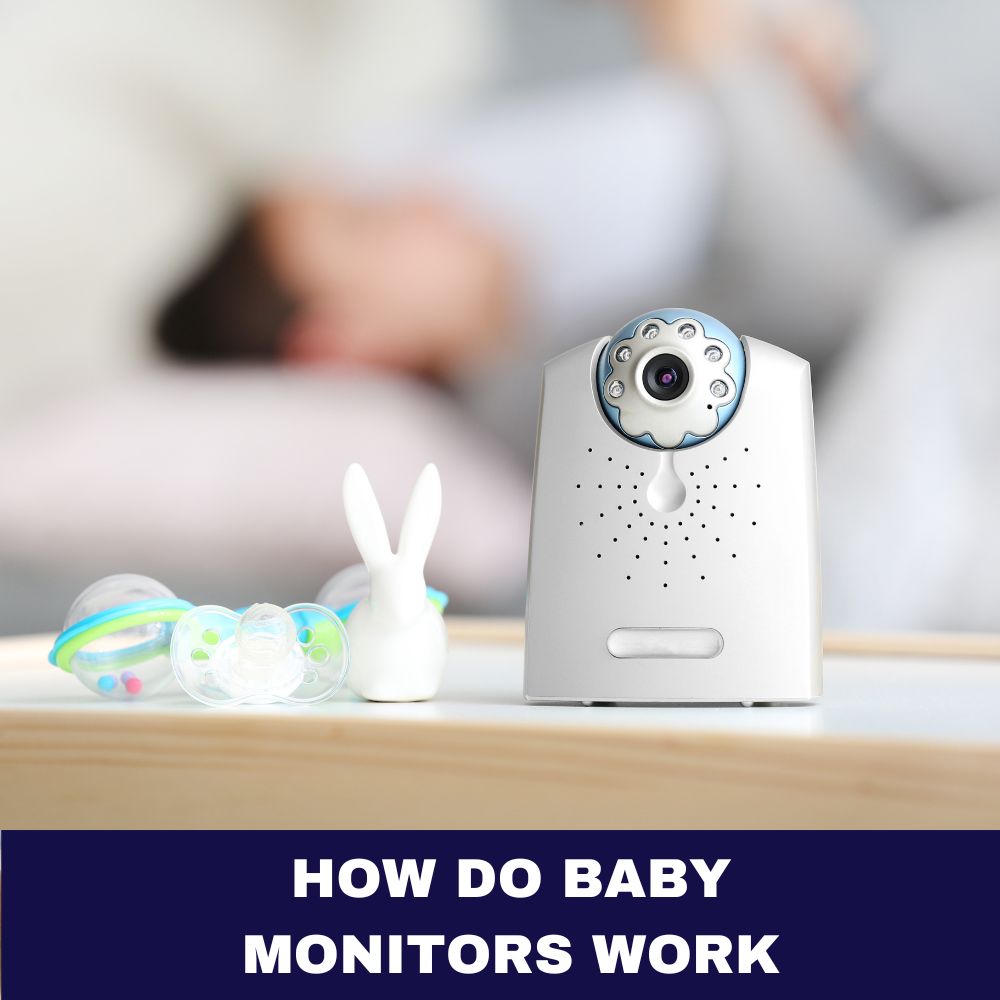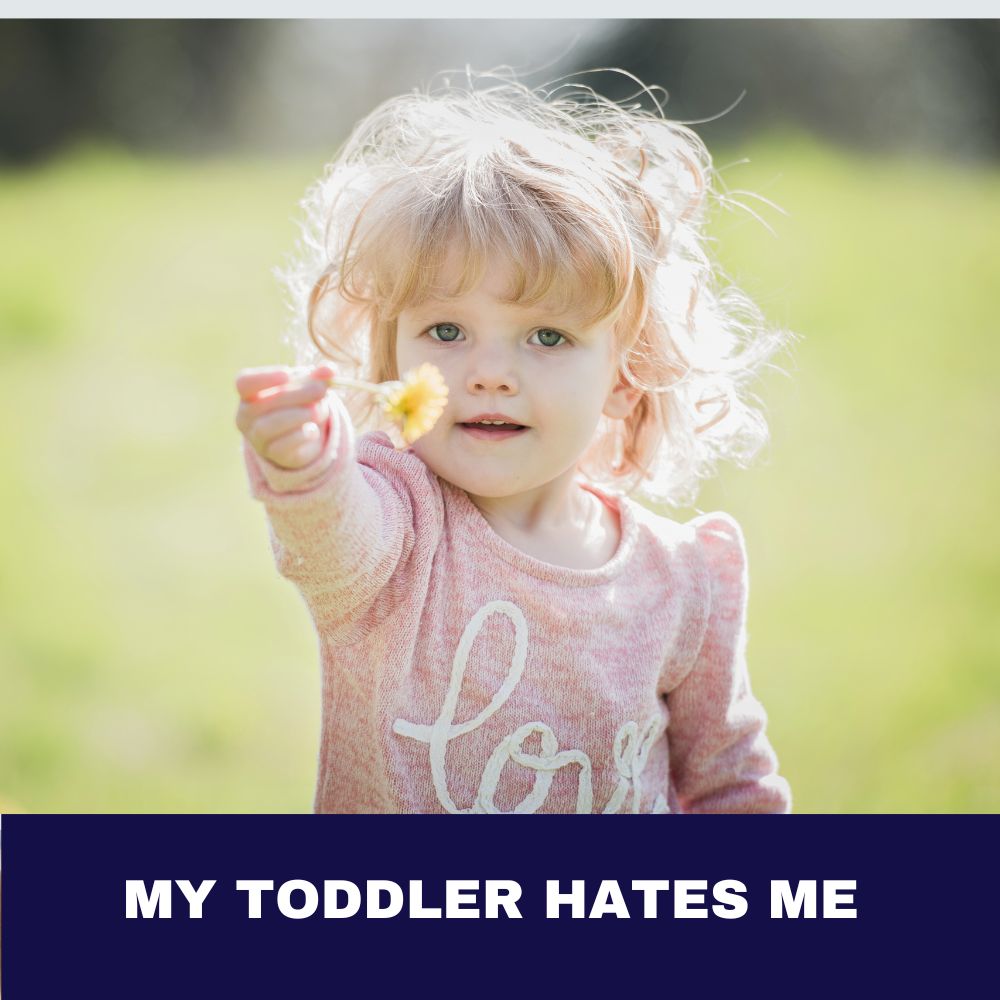Right off the bat, let’s address the elephant in the room – getting a toddler to listen can feel like an uphill battle most days. We’ve all been there, repeating the same instructions over and over again, only to be met with defiant stares or blatant ignoring. It’s enough to drive any parent up the wall! But fear not, my fellow toddler-wrangling warriors, for I bring you a treasure trove of phrases that’ll have your little one’s ears perking up in no time.
These aren’t just any old words though; they’re mellifluous marvels – harmonious hacks imbued with a certain je ne sais quoi that toddlers can’t resist. So buckle up, grab a snack (you’ll need the energy!), and get ready to become a bona fide toddler whisperer!

Understanding Toddler Behavior and Development
Before we dive into the magical incantations, let’s take a moment to understand the toddler brain. These little humans are going through a whirlwind of developmental changes, both physically and cognitively. Their attention spans are fleeting, their desire for independence is strong, and their talent for pushing boundaries is unparalleled.
It’s important to remember that not listening isn’t a personal attack on your parenting skills; it’s just a natural part of their growth and exploration. By recognizing the toddler mindset, we can approach communication with more empathy and patience.
| Age | Physical Development | Cognitive Development | Social/Emotional Development |
|---|---|---|---|
| 12-18 months | Walks independently, climbs stairs, throws balls | Follows simple instructions, recognizes familiar objects, points to body parts | Shows affection, plays alongside others, separation anxiety |
| 18-24 months | Runs, kicks a ball, turns pages in a book | Identifies colors, sorts shapes, solves simple puzzles | Expresses emotions, parallel play, asserts independence |
| 24-36 months | Pedals a tricycle, catches a ball, uses utensils | Follows two-step instructions, understands opposites, engages in make-believe play | Takes turns, shows empathy, tests boundaries |
Gentle Parenting Techniques
Gone are the days of harsh disciplinarian methods. As modern parents, we’re embracing a kinder, gentler approach – one that validates our children’s feelings while still setting clear expectations. This doesn’t mean being a pushover, though; it’s about finding that sweet spot between firm and fair.
Preparing toddlers for transitions is key, as is offering choices that make them feel empowered (even if those choices are carefully curated by us). By communicating in a gentle, respectful manner, we not only encourage better listening but also strengthen the parent-child bond.
The Importance of Effective Communication
Effective communication is the secret sauce to getting through to our pint-sized pals. It’s not just about what we say, but how we say it. Tone, body language, and word choice all play a crucial role in capturing (and keeping) their attention.
Offering choices is a game-changer, as it gives toddlers a sense of control while still allowing us to guide the ship. For example, “Would you like to put your shoes on first or your coat?” puts the ball in their court while ensuring the desired outcome.

The 10 Mellifluous Marvels
Drumroll, please! Here are the 10 phrases that’ll have your toddler’s ears perking up like a puppy’s:
- “I Love You, but It’s Important to Listen.” This phrase strikes the perfect balance between love and firmness, reminding them that listening is a non-negotiable – but that your love is unconditional.
Next Step: Follow up by getting down on their level, making eye contact, and explaining why the instruction is important in a calm, loving manner.
- “Let’s Do It Together.” Toddlers love feeling included and helpful, so this phrase taps into that desire while still ensuring the task gets done.
Next Step: Break down the task into simple steps, and guide them through each one, praising their efforts along the way.
- “First We Listen, Then We Play.” Setting clear expectations is key, and this phrase does just that, outlining the order of operations in a way they can understand.
Next Step: Once they’ve listened and followed through, keep your promise and dive into some quality playtime!
- “Use Your Listening Ears.” This playful phrase adds a touch of whimsy while still conveying the message clearly.
Next Step: Gently touch their ears as a physical reminder, and then model good listening behavior.
- “Remember When…” Toddlers thrive on familiarity and routine, so this phrase taps into positive past experiences, reinforcing good behavior.
Next Step: Share a specific example of when they listened well, and how proud you were of them in that moment.
- “One, Two, Three – Let’s Listen!” Who doesn’t love a good countdown? This phrase grabs their attention while still feeling fun and engaging.
Next Step: Keep your voice upbeat and energetic, and be ready to give clear, concise instructions once you hit “three.”
- “Big Boys/Girls Listen Carefully.” Appealing to their desire to be “grown-up” is a surefire way to encourage listening.
Next Step: Praise their mature behavior when they follow through, reinforcing the connection between listening and growing up.
- “Use Your Words.” When toddlers are struggling to communicate, this phrase gently prompts them to express themselves verbally.
Next Step: Model simple language they can use, and be patient as they practice this crucial skill.
- “What Happens Next?” This question encourages critical thinking and responsibility, helping toddlers understand the consequences of their actions.
Next Step: Guide them through the thought process, praising their ability to think things through.
- “Thank You for Listening.” Positive reinforcement is key, and this phrase acknowledges their effort while fostering a sense of pride.
Next Step: Follow up with a high-five, hug, or other celebratory gesture to solidify the positive association.
The Power of Positive Reinforcement
Positive reinforcement is a crucial component of effective communication with toddlers. When you use these mellifluous marvels and your child responds positively, be sure to reinforce that behavior with praise, high-fives, or small rewards. This creates a positive association in their mind, making it more likely that they’ll continue to listen and cooperate in the future.
Additionally, try to catch them being good and acknowledge their positive behavior, even if it’s not directly related to following instructions. Phrases like “I love how you’re playing so nicely with your toys!” or “You did such a great job cleaning up!” reinforce the idea that listening and following directions are valued behaviors.
Remember, toddlers thrive on attention and approval from their parents. By consistently praising and reinforcing good behavior, you’re not only improving their listening skills but also boosting their self-esteem and confidence.
| Verbal Praise | Non-Verbal Praise | Small Rewards |
|---|---|---|
| “Great listening!” | High-fives | Sticker chart |
| “You’re such a big helper!” | Thumbs up | Extra playtime |
| “I’m so proud of you!” | Clapping | Special snack |
| “You’re a rockstar!” | Hugs | Choosing the next activity |
| “Awesome job!” | Dance party | Small toy or treat |
The Importance of Modeling
As parents, we often forget that our children are constantly observing and learning from our actions. If we want our toddlers to listen and communicate effectively, we must model those behaviors ourselves.
Make a conscious effort to practice active listening when your child is speaking to you. Get down on their level, maintain eye contact, and respond in a way that shows you’ve truly heard and understood them. This not only validates their feelings but also demonstrates the kind of attentive listening you expect in return.
Additionally, model respectful communication by speaking to your co-parent, family members, and others in a calm, considerate manner. Toddlers are like sponges, absorbing the language and tone you use in your everyday interactions.
By consistently modeling positive communication skills, you’re not only teaching your child how to listen but also how to express themselves in a healthy, productive way.

Embracing Toddler Logic
One of the biggest challenges in communicating with toddlers is their unique brand of logic. To us adults, their thought processes and rationale may seem nonsensical or even downright bizarre. But to a toddler, their reasoning makes perfect sense.
Instead of dismissing or contradicting their logic, try to embrace and validate it. When your toddler gives you a seemingly illogical explanation for their behavior, resist the urge to say, “That doesn’t make sense.” Instead, you could respond with something like, “I understand why you might think that, but let me explain it another way.”
By acknowledging their perspective, you’re showing respect for their thought process and creating an environment where they feel comfortable communicating openly with you.
Additionally, don’t be afraid to get a little silly and engage in their imaginative world. If they insist on wearing a tutu and rain boots to the grocery store, play along! Not only will this foster creativity and confidence, but it will also strengthen the bond between you and your child.
The Power of Pausing
In the heat of a toddler tantrum or power struggle, it can be tempting to raise your voice or issue ultimatums. However, research has shown that this approach is often counterproductive, leading to further escalation and resistance.
Instead, try the power of pausing. When you feel yourself starting to lose patience or become overwhelmed, take a deep breath and count to ten (or twenty, or whatever you need). This simple act of pausing not only gives you a chance to regain composure but also models self-regulation for your child.
During this pause, you can also try using one of the mellifluous marvels, such as “Let’s start over – 1, 2, 3…” or “I’ll wait for you to calm down.” These phrases communicate that you’re still in control of the situation while giving your child the space they need to process their emotions.
Remember, toddlers are still learning how to manage big feelings, and our job as parents is to guide them through that process with patience and understanding.
Seeking Support and Self-Care
Parenting a toddler is no easy feat, and it’s perfectly normal to feel overwhelmed or frustrated at times. That’s why it’s crucial to prioritize self-care and seek support when you need it.
Reach out to fellow parents, whether it’s through local support groups, online forums, or simply connecting with friends who are also navigating the toddler years. Sharing experiences and strategies can not only provide much-needed validation but also introduce you to new communication techniques and perspectives.
Additionally, make sure to schedule regular breaks for yourself. Whether it’s a quiet evening alone, a weekly date night with your partner, or even just a long, hot shower, these moments of respite can help you recharge and approach parenting with a renewed sense of patience and clarity.
Remember, taking care of yourself isn’t selfish – it’s essential for maintaining your mental and emotional well-being, which in turn allows you to be the best parent you can be.
The Role of Consistency and Routine
Toddlers thrive on predictability and routine, which is why maintaining consistency in your communication approach is so important. When you use the same mellifluous marvels and follow through with the same consequences (or rewards) each time, you’re creating a sense of security and trust for your child.
For example, if the phrase “First we listen, then we play” is consistently followed by a fun playtime activity when your toddler listens, they’ll quickly learn that listening leads to enjoyable outcomes. Consistency reinforces the desired behavior and sets clear expectations.
Establishing routines can also aid in effective communication. A predictable sequence of events, such as a consistent bedtime routine or mealtime routine, can help toddlers feel more grounded and secure, making them more receptive to instructions and guidance.
However, it’s important to remember that consistency doesn’t mean rigidity. Life is full of unexpected situations and changes, and it’s essential to maintain flexibility and adaptability. When disruptions occur, use familiar phrases and routines as anchors to help your child navigate the transition more smoothly.

Addressing Developmental Delays and Neurodivergence
While the mellifluous marvels and communication strategies discussed in this post are effective for many toddlers, it’s important to acknowledge that every child is unique and may have different needs, especially if they are neurodivergent or experiencing developmental delays.
If you notice that your child is struggling with communication or not responding to these techniques, it’s crucial to seek guidance from a professional, such as a speech-language pathologist, occupational therapist, or developmental pediatrician. These experts can provide personalized strategies and support tailored to your child’s specific needs.
For example, a toddler with autism spectrum disorder may benefit from visual cues or a picture exchange communication system (PECS) in addition to verbal instructions. A child with a speech delay may require more time and patience when using the “Use Your Words” phrase, as well as supplemental support from a speech therapist.
Remember, every child is on their own unique journey, and there is no one-size-fits-all approach to communication. By seeking professional support and remaining open to adapting your strategies, you’re ensuring that your child receives the tools and guidance they need to thrive.
Handling Tantrums and Emotional Outbursts
Let’s be real – even with these mellifluous marvels in your arsenal, tantrums are an unavoidable part of the toddler experience. When emotions run high, phrases like “It’s okay to be sad/cry” and “I’ll wait for you to calm down” can work wonders.
By acknowledging their feelings and giving them space to process, you’re not only diffusing the situation but also teaching them valuable emotional intelligence skills. It’s a win-win!
Managing Expectations and Setting Boundaries
While we want our toddlers to feel empowered, we also need to set clear boundaries for their safety and well-being. Phrases like “I’m not okay with you getting wet in the rain” or “Let’s add this to our wish list” establish those boundaries in a gentle, respectful way.
Routine and structure are key, so try phrases like “We are going to leave in 15 minutes” to prepare them for transitions. And when all else fails, a simple “Let’s start over – 1, 2, 3…” can reset the situation and give you both a fresh start.
Adapting to Your Child’s Personality
Just like adults, every toddler is unique, with their own temperament and communication style. What works like a charm for one may fall flat with another. That’s why it’s important to tailor your approach to your child’s individual needs.
For example, a more reserved toddler may respond better to softer, more low-key phrases, while an energetic one might thrive on the more playful, upbeat ones. Stay flexible, keep observing, and adjust as needed.
Building a Loving Parent-Child Bond
At the end of the day, these phrases aren’t just about getting your toddler to listen; they’re about fostering a strong, loving bond built on mutual understanding and respect. By communicating in a gentle, validating way, you’re laying the foundation for a lifetime of healthy communication.
And let’s not forget the long-term benefits – toddlers who feel heard and respected are more likely to grow into confident, emotionally intelligent adults. It’s a gift that keeps on giving!
Patience, Perseverance, and Acknowledgment
Of course, even with the most mellifluous marvels at your disposal, there will be tough days. Toddlerhood is a marathon, not a sprint, and it’s crucial to approach it with patience and a willingness to persevere through the challenges.
On those especially trying days, remember to acknowledge your own feelings – it’s okay to feel frustrated or overwhelmed. Take a deep breath, and remind yourself (and your little one) that you’re both learning and growing together.
The Power of Consistency and Empathy
As you embark on this journey of becoming a toddler whisperer, remember that consistency and empathy are your greatest allies. Consistently using these mellifluous marvels, while empathizing with your child’s developmental stage and emotional needs, will not only improve listening skills but also nurture a deeper, more meaningful connection.
It won’t be easy – there will be days when you’ll feel like you’re speaking a foreign language. But stay the course, and trust that these harmonious hacks are slowly but surely sinking in. Before you know it, you’ll have a little one who not only listens but also feels heard, understood, and loved.
And at the end of the day, isn’t that what parenting is all about?
FAQ – The Ultimate 10 Phrases to Use When Your Toddler Doesn’t Listen
What if my child doesn’t respond to these phrases?
Every child is different, so if certain phrases don’t seem to be resonating, don’t be afraid to switch things up. Observe your toddler’s reactions and adjust your approach accordingly. And remember, consistency is key – it may take time for the phrases to start working their magic.
How do I handle intense tantrums or meltdowns?
- First and foremost, remain calm yourself. During a meltdown, your toddler’s ability to listen and process language is severely diminished. In these moments, prioritize safety and creating a soothing environment. You can try phrases like “I’m here when you’re ready to talk” or “Let’s take some deep breaths together.”
Once the storm has passed, you can circle back and address the behavior, reinforcing your expectations in a gentle, loving way.
Can these phrases be used for older children?
Absolutely! While the examples given focus on toddlers, the principles behind these mellifluous marvels – clear communication, respect, and positive reinforcement – apply to children of all ages. You may need to adjust the precise wording as your child grows, but the core concepts remain sound.
How can I involve my partner or co-parent?
Consistency is crucial, so it’s important to get your co-parent on the same page. Share these phrases with them, and work together to implement them uniformly. This not only reinforces the message for your child but also presents a united front.
How can I effectively use these phrases if my toddler has a speech delay or language disorder?
If your toddler has a speech delay or language disorder, using these mellifluous marvels may require some adaptations and additional support. Here are some tips to help you effectively communicate with your child:
- Seek Professional Help: It’s essential to work closely with a speech-language pathologist (SLP) or other professionals who specialize in communication disorders. They can evaluate your child’s specific needs and provide personalized strategies and techniques that align with their abilities.
- Incorporate Visual Aids: Toddlers with speech and language difficulties often respond well to visual cues and aids. Consider using picture cards, gestures, or sign language to supplement the verbal phrases. For example, when using the phrase “Use Your Listening Ears,” you could pair it with a visual representation of an ear or the sign for “listen.”
- Simplify Language: While the mellifluous marvels are designed to be simple and straightforward, you may need to further simplify the language or break down the phrases into smaller, more manageable chunks. For instance, instead of “First we listen, then we play,” you could say, “Listen” (pause) “Then play.”
- Repeat and Rephrase: Don’t be afraid to repeat the phrases multiple times and rephrase them in different ways. This repetition and rephrasing can help reinforce the message and increase your child’s understanding.
- Be Patient and Consistent: Children with speech and language disorders may take longer to understand and respond to verbal instructions. It’s crucial to be patient and consistent in your approach. Celebrate small victories and continue reinforcing the desired behavior through praise and positive reinforcement.
- Involve the Whole Family: Ensure that everyone interacting with your child, including family members and caregivers, is aware of the communication strategies and techniques recommended by the professionals. Consistent implementation across all environments will help your child better understand and respond to the phrases.
- Explore Augmentative and Alternative Communication (AAC): In some cases, an SLP may recommend the use of AAC devices or systems, such as picture exchange communication systems (PECS) or voice output devices. These tools can complement the verbal phrases and provide additional support for your child’s communication needs.
Remember, every child is unique, and it may take some trial and error to find the most effective communication methods. By working closely with professionals, being patient and consistent, and incorporating various strategies, you can help your toddler with a speech or language disorder develop better listening and communication skills over time.
